Slow and screenless hobbies
Do more things that are worth the wait.
brave enough is a newsletter about finding balance between technology, nature and modern life. Join the club ❤️🔥
I’m not sure why I decided to try making sourdough bread.
In hindsight, it was a bit of a weird time to pick up a new hobby. The year 2022 was drawing to a close, and after a hellish two-and-a-bit years, the world around me was finally returning to factory settings. It was the time to go outside and let loose.
Something held me back.
Perhaps I wanted to take some of the slowness of lockdown with me as things went “back to normal”. In today’s world, it feels like an act of rebellion to do things that take time.
Time. Sourdough makes me think a lot about it.
My first few loaves sucked. Ugly, burnt, flat. I used to check the subreddit r/Sourdough obsessively, zooming into the pictures other people uploaded whilst feeling insecure about what was rising (or not rising) in my oven.
Sourdough is an ancient method of baking bread through natural fermentation. A culture of wild yeast and lactic acid bacteria help to raise the dough, which just contains flour, water and salt. This culture is known as a “starter”, and you have to constantly feed it with fresh flour and water. When you do this, the microbes in the jar soon remind you just how alive they are — growing and bubbling within a few hours.
One hundred and fifty eight years ago, somewhere in Spain’s Basque region, a baker cultivated a starter. Part of that starter journeyed to Iceland, and then part of that starter travelled to Berlin, where now a part of that starter lives in my fridge. Yep, this thing in my fridge is in great great grandparent territory.
There’s an expression in English — baking is a science, not an art. I see the sense in that. This hobby feels like the grown-up version of childhood science experiments and garden mud pies: surrounded by instruments and devices, I carefully weigh 804g of flour. Yes, I actually count the four extra grams. I mix cold and warm water in a glass jug until it is exactly 32 degrees celsius. I measure out 17g of non-iodized salt. In the early days I would check the recipe on my phone, but now all of the information is burned into my brain. In total, a twenty step process which takes roughly forty-eight hours leaves you with two loaves. It’s not constant work, but you have to be close by — you can’t stray to far because the clock is ticking and this is clockwork.
Every loaf is different. That’s what’s addictive about it. Sometimes the end result is rubbish and you have no idea what you did wrong. Every failure was so annoying. I’d go back to the drawing board (aka Reddit), trying to figure out what was going wrong.
You know that feeling when you look at yourself in the mirror each day and see the same thing, yet suddenly one morning you’ll look at yourself and notice that your hair has grown long? The same happens with hobbies. Those hours will add up until one day someone points out that you know what you’re doing. And you’ll think to yourself — holy shit, am I good at this now?
A great return on investment if you ask me.
I often think about the point in time when food became a recipe. When a dish became something that people not only devoured for sustenance, but paused to admire. When people started to have opinions about methods or technique. When the steps to prepare a food became instructions that were written down and copied, more or less in that order, by future generations.
The smell of freshly baked bread is one of those pure and marvellous things that makes you appreciate being human. Every time I pull a loaf from the oven, I am so grateful to the lineage of people before me who decided to develop this wonderful thing. I envision myself as a singular link in this golden chain.
Now I’ve done it so many times that I can get lost in it and find my way to the end without guidance. Once you find the baseline, you begin to aim higher. Fly fishers go for bigger fish, knitters graduate from scarves to cardigans and bakers take on Swedish cardamom knots or brioche. Now that your hands have memorised the moves, creativity can finally flow freely.
Slow hobbies are mirrors. They us to appreciate the richness in small details and the satisfaction of creating something from scratch. They force us to be present with ourselves and our failures. These things hold a quiet power, reminding us of the weight of what came before, of all of the people whose lives mattered just as much as ours.
So, if you’ve been looking for a sign to pick up a slow hobby and take a break from the screen — this is it.
Do more things that are worth the wait.






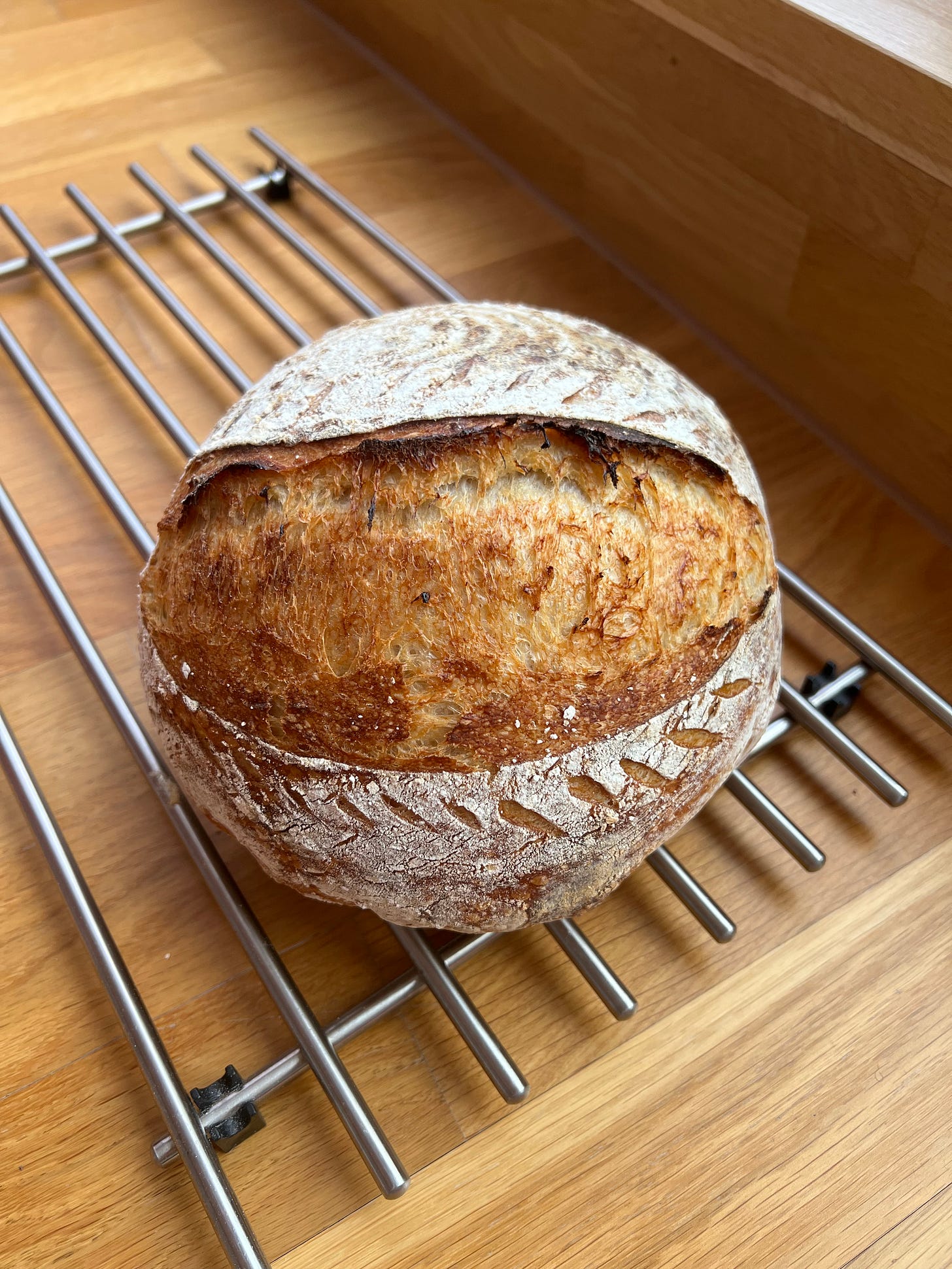
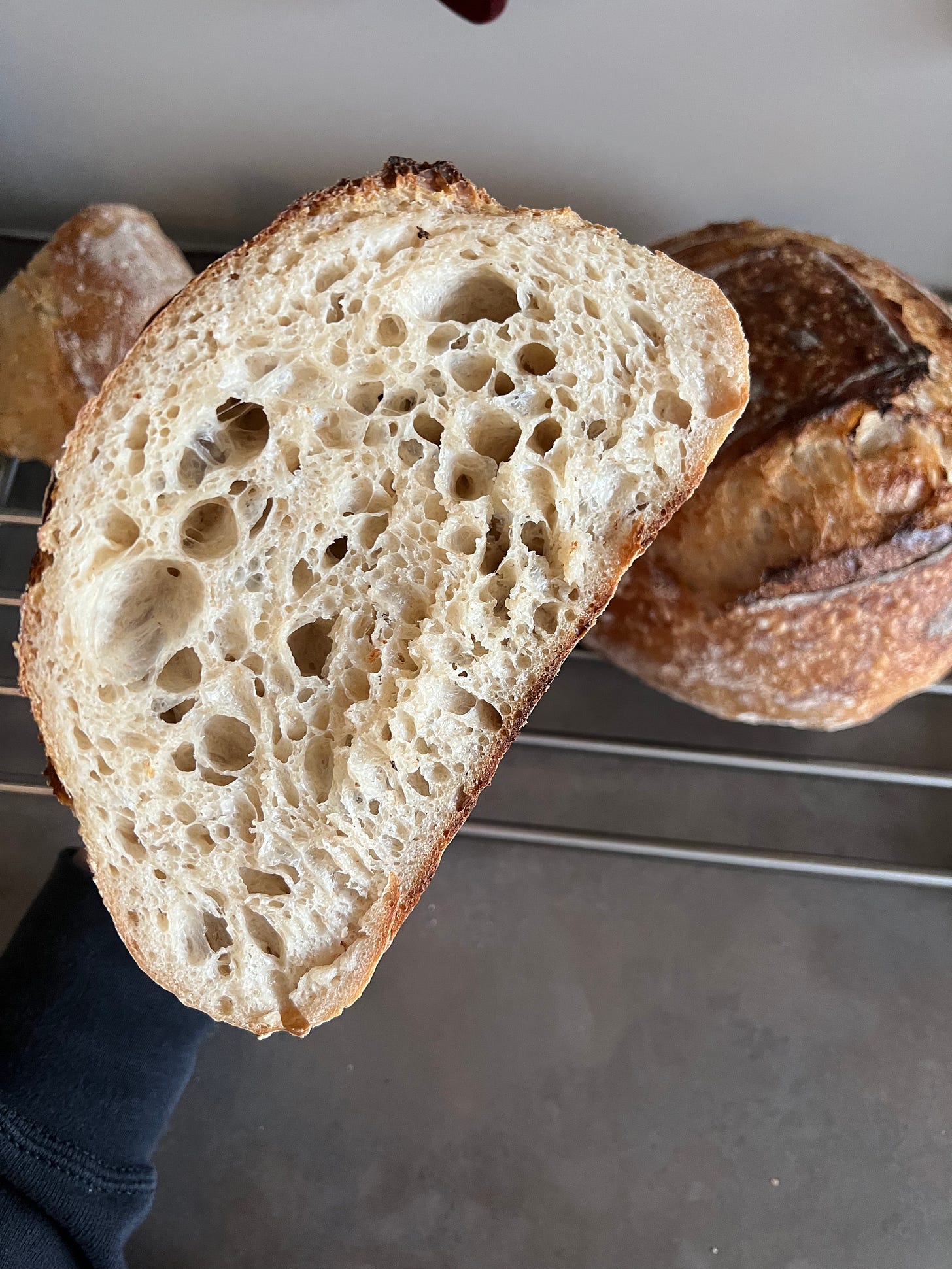

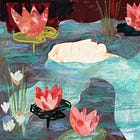

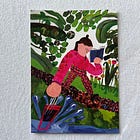

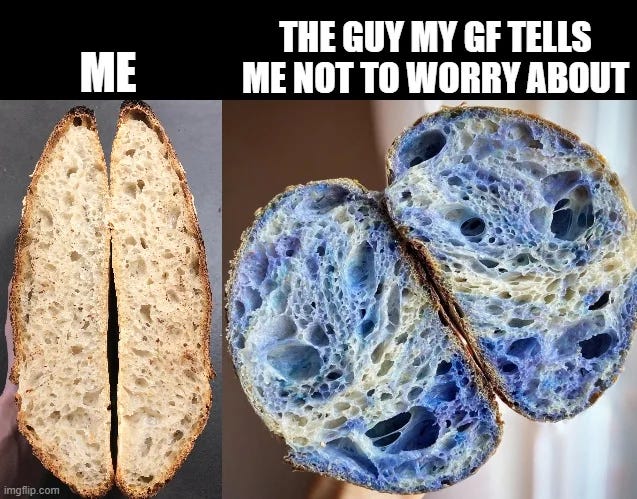

I call it my "analog activities" things I'm doing without something that needs to be charged. knit, crochet, bake, paint, read, play a card game. I love video games and reddit, but I think every day also needs that physical in the real world task.
Sorry I restaked almost all of your article, I just felt it too relevant for my existence atm 😂😂😘😘